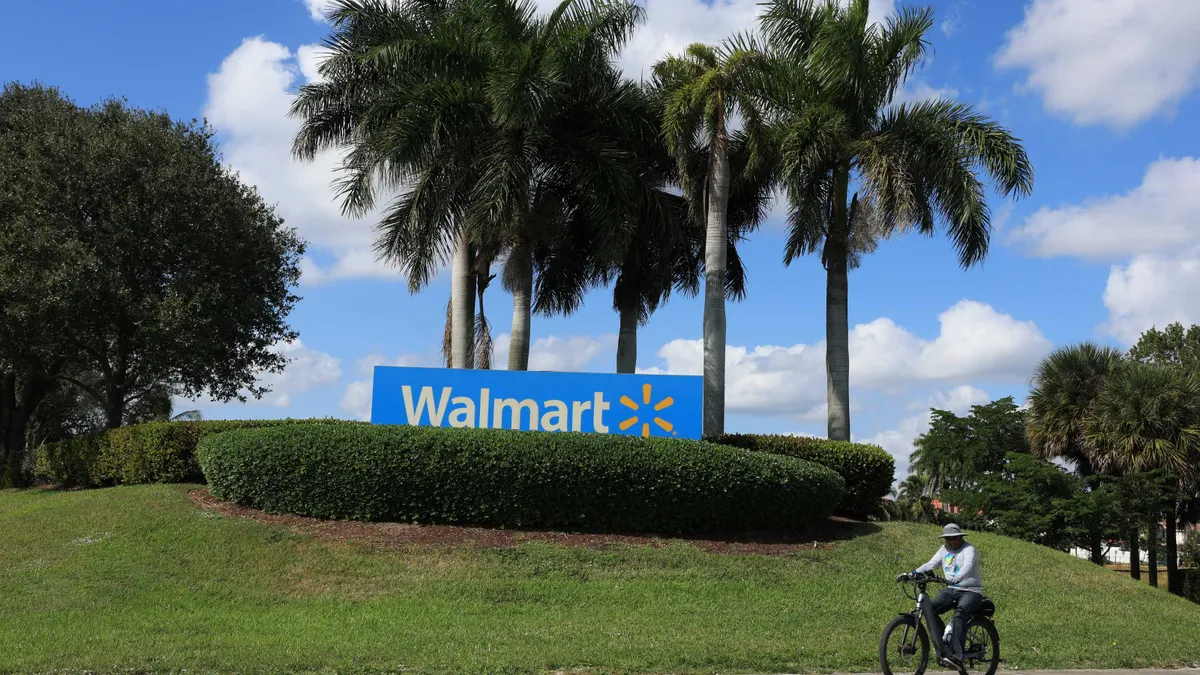Visa’s acquisition of the core banking and payments software business Pismo has accelerated the Brazilian start-up’s worldwide expansion.
Being acquired by the credit card network last year has been “transformative” for the São Paulo-based business, said Vishal Dalal, the company’s CEO of the North America. Visa has paved the way for Pismo to add clients in Europe, and strike up conversations with potential customers there and elsewhere, he said.
“The acquisition by Visa helped us a lot, in the sense that Visa has almost unlimited resources, both in terms of financials, and in terms of reach,” Dalal said in an interview this month, describing how Visa has connected Pismo to more banks that are seeking to upgrade or replace their software infrastructure.
Pismo offers its core banking and payments software services via the cloud, specifically Amazon Web Services, allowing banks of all sizes to pick what software services they want. The company was founded in 2016 by Ricardo Josua in Brazil.
When Visa announced its acquisition of Pismo last year, it said it would keep on the management team led by Josua, who remains CEO and is based in Brazil, according to his LinkedIn profile. Meanwhile, Dalal holds the CEO title for North America as well as Europe, the Middle East and Africa and the Asia-Pacific region.
Just before Pismo was acquired by Visa, it landed a contract in June last year to provide to service corporate demand deposit accounts for Citigroup, one of the largest banks in the U.S.
In addition to offering services in Brazil, Pismo also already has customers in India and Australia.
Now, Visa’s sales team is pitching Pismo services to banks all over the world. While the companies are nearly finished integrating Pismo’s services into the Visa’s services offering, the Brazilian’s software engineering and product units continue to operate separately, Dalal said.
While Pismo had no customers in Europe before the purchase by Visa, it’s now stacking them up.
“In Europe, I think it's safe to say, we had nothing,” Dalal said. “Just the Visa name has essentially taken us to a point where we're already live with one major bank, we're sort of implementing three others, and we've got tens of conversations going on.”
He said there are a similar number of customer conversations, about 15 to 20, happening in the U.S. as well. Dalal declined to name the banks with which the company is doing business, or having conversations.
Last year, Pismo also renewed its contract with its flagship bank client in Brazil, Itaú, the largest bank in that country, Visa CEO, Ryan McInerney, noted on a company earnings call in October. The card network giant has similarly ambitious plans for Pismo this year, with plans to add customers in five countries in four regions, McInerney said.
By way of Pismo, Visa even services banks that are aligned with its U.S. network rival Mastercard.
“You can just imagine the [total addressable market] that we're able to go after when we're not just delivering services for Visa transactions, but we're able to work with clients to deliver services on top of a much broader array of payment transactions,” McInerney said during the call, referencing Pismo and other Visa platforms through which the card network is increasingly offering complementary services.
With many financial institutions that issue cards seeking to upgrade their legacy computer systems for the modern era, and also to issue their cards in other regions of the world, Pismo will be well-positioned to offer services covering credit, debit and commercial transactions with connectivity to local payment systems, McInerney said.
“Our goal is for Pismo to be the platform of choice for our issuing partners around the world enabling them to accelerate their global expansion and transition to cloud-native platforms,” McInerney said on an earnings call in January 2024 shortly after Visa closed the Pismo acquisition.
While Pismo represents a market opportunity for Visa, it may mean more competition for the other major U.S. core provider processors, such as Fiserv, Fidelity National Information Services and Jack Henry & Associates.
But Pismo is carving out a sweet spot in targeting larger banks, while those U.S. competitors largely cater to financial institutions in the mid-sized range, with deposits of between $250 million and $25 billion in assets, said David Koning, an analyst at the investment firm R.W. Baird who follows the sector. By comparison, Citi has about $2.4 trillion in assets, according to an earnings release this month.
“It seems like Pismo goes after quite large banks,” Koning said, noting that he hasn’t followed Pismo’s business closely. “It’s tough to go into the market where [Fiserv and Jack Henry] play in particular, given the $250m-$25b banks don’t like to change core providers.”





















